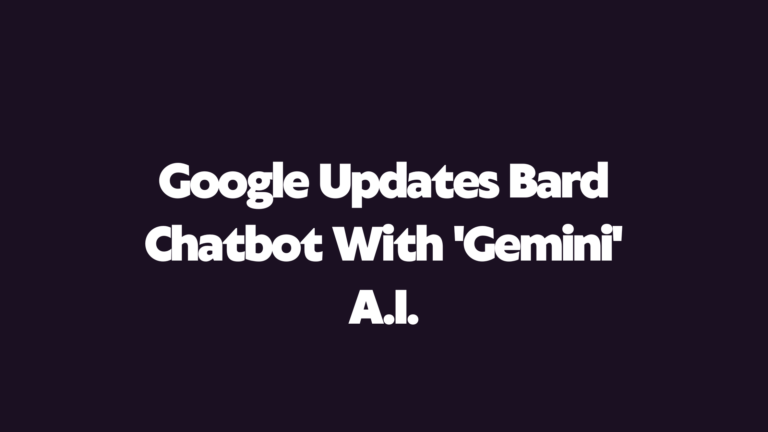Creating a semantic topic cluster in 2023 🔍
This isn’t a sexy SEO topic.
But, where is SEO going, and how can you make sure you’re building a topic cluster Google loves in 2023?
5 key thoughts;
– Push-the-button AI content is not building content clusters- Good SEOs will help you build winning content strategies to stay ahead of Google’s mood swings (expect big things against s**t AI)
– Truth is, Google is open about what they want to see on websites. We have access to documents, guides, free resources, videos and more
– We just don’t know all the exact ranking signals in order (we do for Yandex)
– apart from the agencies that “guarantee results” – they know all the secrets
– What we do know, is what works for helping rank. And, what definitely doesn’t work

AI won’t just mimic Google’s document model
But really..
The document model is still very much around, and Google wants to see your website covering topics.
The websites that do this well WILL have a better chance of ranking.Little tip, Google is a data beast, so feed the beast. More data on your website, more authority. What does “better topical authority” mean? Well, rankings, right?
!Here’s the thing:
– New: Topical clustering with your content
– Old: Chasing singular keywords from a 3rd party metric tool
Creating a cluster model that Google already understands

Still with me?
To keep it simple..
Google pretty much knows everything there is to know about any topic in the world.
We know this much.
So when they’re ranking a website for any niche, what do they want to see? I
t’s pretty obvious, in-depth information and topical authority about the niche. “Semantic” (love a buzz word for you) relationships between documents (web pages).
But let creativity share my thoughts..
Using SEO tools to understand semantic relationships for content clusters
I’m a visual guy (I’m half-decent at drawing, anyway), and love images like the ones above. You can see the relationships between a topic.
You just have to build that topic.What you can also see is how the connections are easily broken (this is when brands lose out to competitors with content). Look how easy it is for Google to understand data sets about any niche.Bottom line.Don’t skimp on content, create relationships, i.e topical clustering between your pages, and keep optimising them for your customer’s journey.
No data gets missed by Google.
Frequently Asked Questions
What is semantic clustering in SEO?
Semantic clustering in SEO is the process of grouping similar or related keywords together based on their meaning or intent.
Why is semantic clustering important for SEO?
Semantic clustering is important for SEO because it allows search engines to better understand the topic of a website and its pages, which can lead to better search engine rankings and more relevant search results.
How is semantic clustering done?
Semantic clustering can be done manually by analysing the content of a website and grouping similar keywords together, or it can be done automatically using natural language processing techniques.
Can semantic clustering improve search engine rankings?
Yes, semantic clustering can improve search engine rankings by providing search engines with a better understanding of the topic and intent of a website’s content, which can lead to more relevant search results and better search engine rankings.
Can semantic clustering be used for both on-page and off-page SEO?
Yes, semantic clustering can be used for both on-page and off-page SEO. On-page SEO involves optimising content on your website while off-page SEO involves building backlinks and online reputation.
How many clusters should be created during semantic clustering?
The number of clusters created during semantic clustering will depend on the specific use case and the amount of content that needs to be grouped. Typically, it is best to create a smaller number of larger clusters rather than a larger number of smaller clusters.
How can you measure the effectiveness of semantic clustering?
The effectiveness of semantic clustering can be measured by analysing the performance of the website in search engine rankings, click-through rates, and user engagement metrics.




